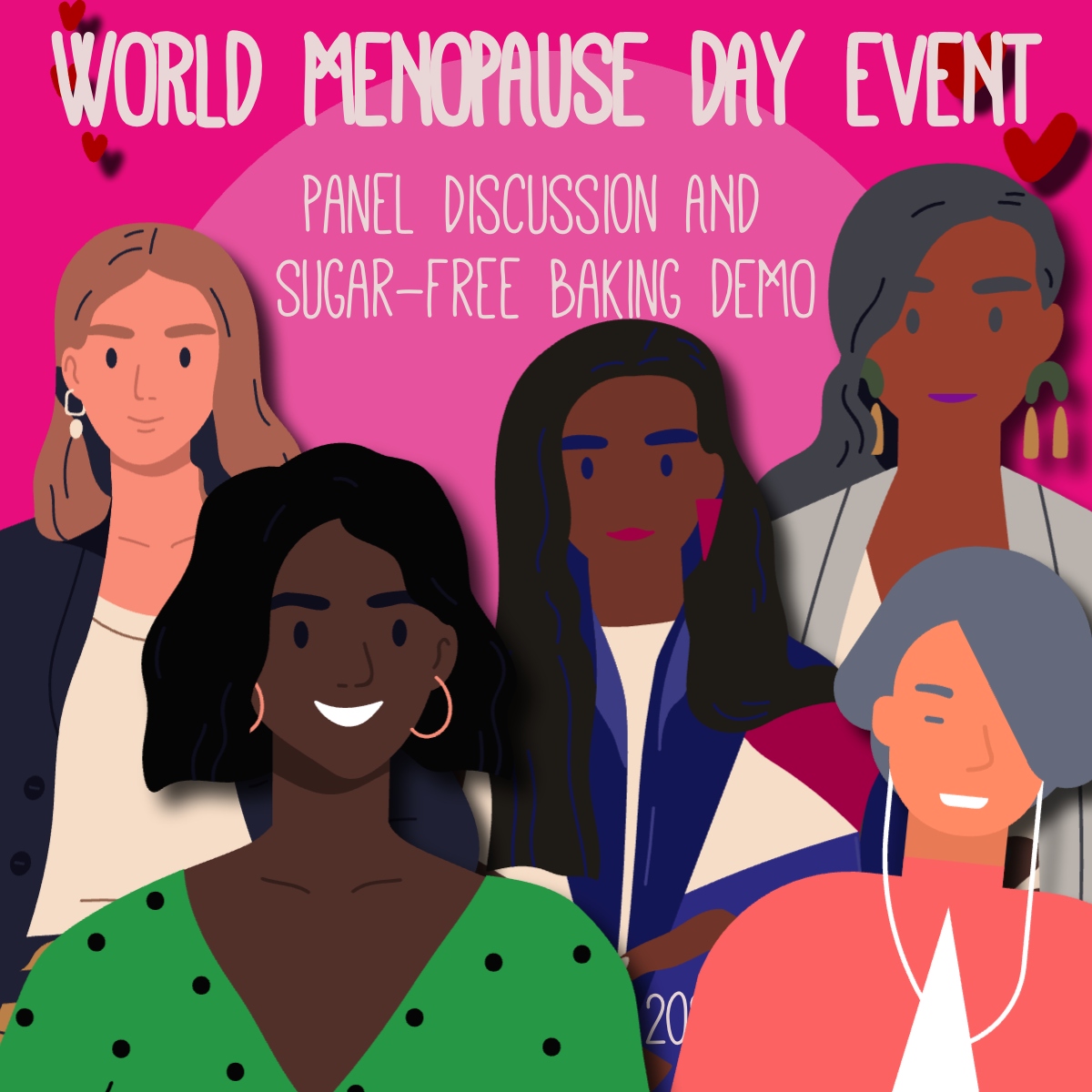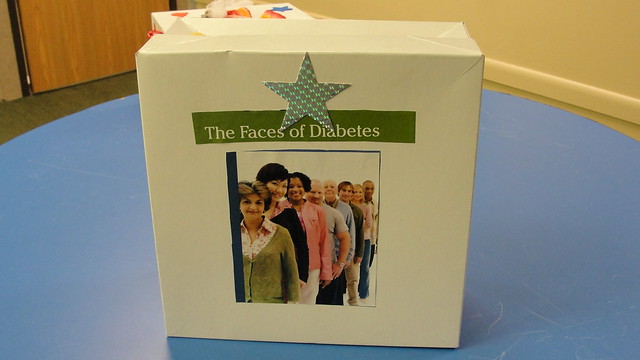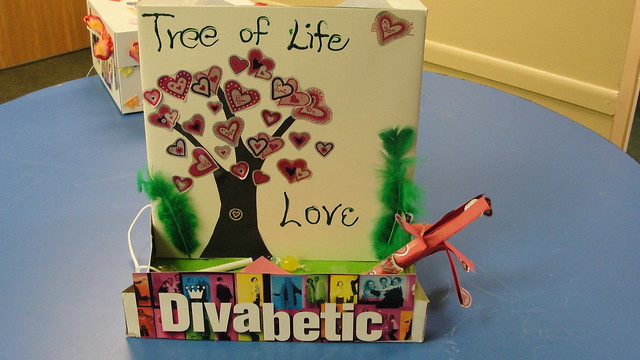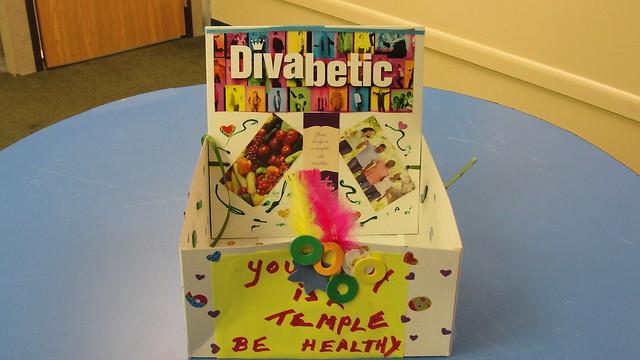Diabetes and menopause can team up to have various effects on your body. Knowing what to expect and how to manage it is what we will be discussing in Divabetic’s Menopause & Diabetes Panel Discussion & SugarFree Baking Demonstration on Zoom in honor of World Menopause Day on Wednesday, October 18, 2023, from 7 – 8:30 PM.

Catherine Schuller moderates a panel featuring Dr. Julianne Arena, MD, FACOG, ABAARM, Sweet Romance: A Woman’s Guide to Love And Intimacy With Diabetes co-author, COO for Diabetes Sisters Donna Rice MBA, BSN, RN, CDCES, FADCES, and photographer, Amparo. Amparo discovered, quite unexpectedly, in the ER, that she has diabetes after doctors told her her glucose level was over 800! Over the past six months, she’s been taking charge of managing her diabetes while facing hormonal changes during menopause – it’s a true Divabetic Victory story.
After our panel, Stacey Harris, The Diabetic Pastry Chef, demonstrates how to make her popular Sugar-Free Rum Cake Recipe.
FREE – REGISTER NOW
We’re sharing excerpts of interviews from our favorite Divabetic podcasts over the years.
This excerpt is from our January 2023 podcast with international yoga teacher and author Rachel Zinman, who lives with Latent autoimmune diabetes in adults LADA diabetes. (LADA) is a type of diabetes that starts in adulthood and slowly gets worse over time. Like type 1 diabetes, LADA happens when the pancreas stops making insulin. That’s usually because an autoimmune process is damaging cells in the pancreas.
In her book, Yoga for Diabetes, Rachel Zinman shares her journey and the hard-won wisdom gained from her own experience of yoga and diabetes. Read how her yoga and meditation practices helped her to overcome years of frustration and confusion about managing her diabetes. Listen to Divabetic’s full interview with Rachel Zinman and her guided meditation, “Compassion Meditation,” focusing on self-love and compassion to help inspire you with a new attitude.




















